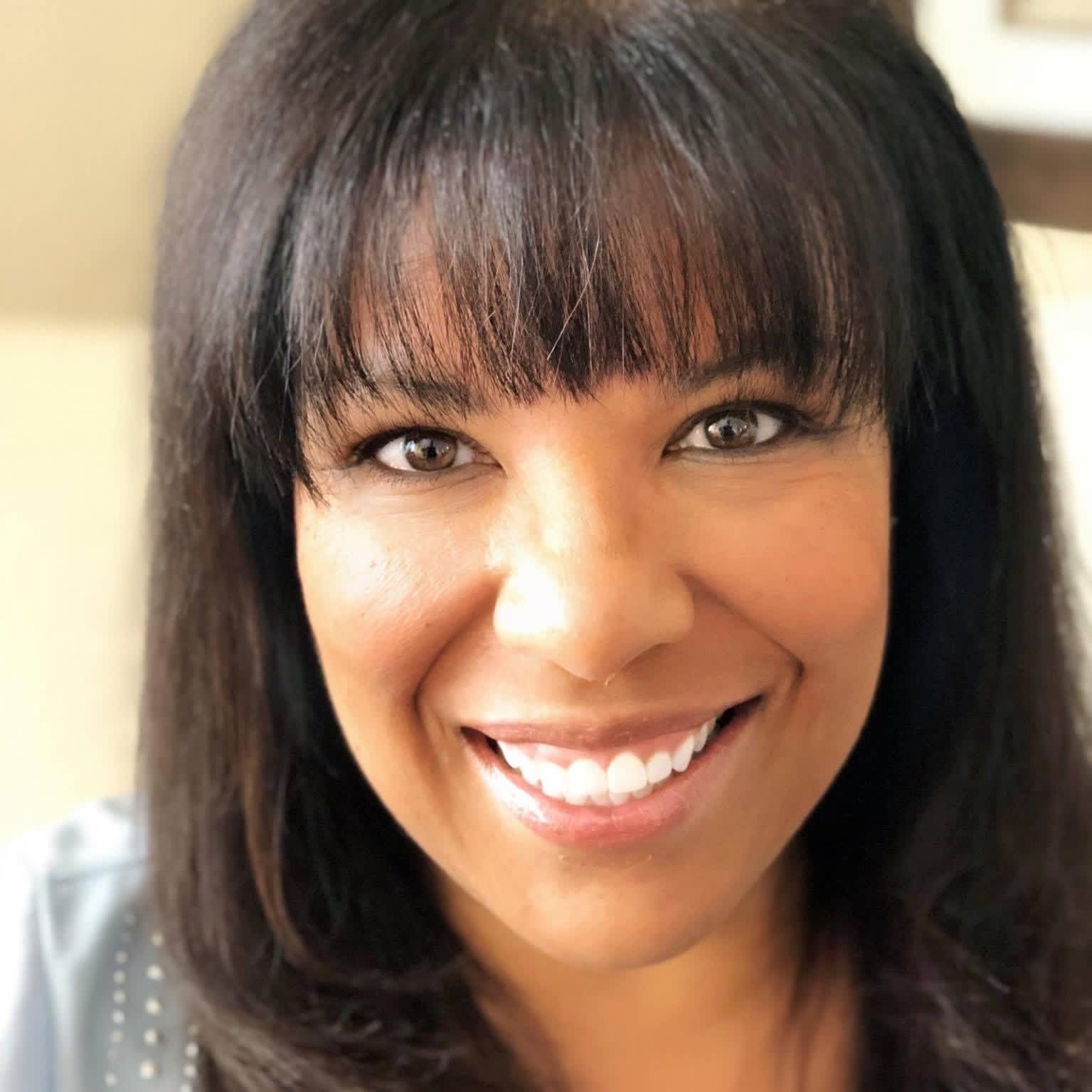Requirements for a Career in Clinical Psychology
Writer
Editor & Writer
Reviewer
Writer
Editor & Writer
Reviewer
www.bestcolleges.com is an advertising-supported site. Featured or trusted partner programs and all school search, finder, or match results are for schools that compensate us. This compensation does not influence our school rankings, resource guides, or other editorially-independent information published on this site.
Turn Your Dreams Into Reality
Take our quiz and we'll do the homework for you! Compare your school matches and apply to your top choice today.
- Clinical psychologists focus on assessing and treating patients with mental health conditions.
- Degree requirements vary greatly for different professions within the field of psychology.
- Clinical psychologists must complete a doctoral degree and meet state licensing requirements.
A career in clinical psychology is a rewarding profession that allows you to help others in times of crisis or uncertainty. But remember that choosing a career in psychology is an academic commitment. Some therapists must complete at least a master's degree, but most clinical psychologists are required to obtain a doctoral degree.
Despite the education requirements, psychology is consistently one of the most popular undergraduate degrees, according to the National Center for Education Statistics (NCES). In fact, 120,000 psychology majors graduated in the 2019-2020 academic year —making up about 6% of all undergraduate degrees.
What Are Common Clinical Psychology Careers?
Several specialties and career paths exist within the field of clinical psychology. Psychologists can work in general psychology or focus on a particular population.
Common clinical psychology roles include:
- Child Psychologist: Working with children and adolescents, child psychologists help their patients process emotions, work through trauma, and establish coping mechanisms. Child psychologists can also diagnose learning disabilities and mental health conditions.
- Forensic Psychologist: Forensic psychologists work within the legal and justice system. They create criminal profiles and evaluate suspects to determine if they're mentally capable of going to trial.
- School Psychologist: Becoming a school psychologist does not require a doctoral degree. School psychologists work within a school district to evaluate students' cognitive and socioemotional abilities. They may work with students on social skills and emotional regulation tools.
- Substance Misuse Counselor: Substance misuse counselors work with people managing addictions, including to drugs, alcohol, and other substances. They may lead individual or group therapy sessions and collaborate as part of a recovery team. A doctoral degree is not required.
- Family and Marriage Counselor: Typically working in private practice, a family and marriage counselor works with couples and families as they navigate changes, stress, or conflict. Family and marriage counselors need to complete a master's program.
Which Degree Should You Get to Work in Clinical Psychology?
The degree you need to work in clinical psychology depends on what specific profession you are interested in pursuing. You can work within the psychology field with an associate degree. But — depending on the position — you may need to complete an advanced degree like a master's or doctoral degree.
Associate Degree
Earning an associate degree is generally a more affordable, flexible path to quickly beginning a career in psychology. According to the NCES, the average cost of tuition, fees, and room and board for a public two-year program was about $11,890 in 2021. And you may even be able to graduate in less than two years.
Completing an associate degree program can give you real-world experience in the field before committing to a bachelor's degree or beyond. Those who earn an associate degree in clinical psychology can enter the field as psychiatric technicians, aides, or social and human services assistants.
In 2021, the median annual pay for psychiatric technicians and aides was $36,230 according to the Bureau of Labor Statistics (BLS). And social and human services assistants earned a median pay of $37,610 that same year.
Bachelor's Degree
The cost of completing a bachelor's in clinical psychology is greater than earning an associate degree. In 2021, the average cost of one year at a four-year public university was about $29,030.
However, completing a bachelor's in clinical psychology allows you to work in more professions and earn a higher salary than a two-year degree.
Those with a bachelor's in psychology can work as probation officers, correctional treatment specialists, or social and community service managers.
According to the BLS, the median annual pay for probation officers and correctional treatment specialists was $60,250 in 2021. That same year, the median pay for social and community service managers was $74,000.
Master's Degree
Those who want to work as therapists or counselors will likely need a master's in clinical psychology.
The average master's degree tuition was about $19,750 during the 2020-2021 academic year, according to NCES. While graduate programs can be expensive, earning an advanced degree is a requirement for certain jobs.
A master's in psychology degree can take 2-4 years to complete depending on the program, your undergraduate transcripts, and your course load. You may choose to major in clinical psychology or pursue a specialty area like family and marriage therapy or school counseling.
Plus earning a master's degree can increase your salary potential. School and career counselors earned a median yearly salary of $60,510 in 2021, and school psychologists earned a median annual wage of $78,780, according to the BLS. Becoming a counselor or therapist allows you to work in a variety of settings including hospitals, schools, and private practice.
Doctoral Degree
To become a clinical psychologist, you must complete a doctoral degree program. Including your undergraduate and doctoral degrees, you'll spend anywhere from 8-13 years in school.
Doctoral programs for clinical psychology are extremely competitive. A 2016 study in Teaching of Psychology found that only 12% of applicants were accepted into clinical psychology doctoral programs. Graduating from these programs allows you to become a clinical psychologist and can open up research and teaching opportunities.
The BLS reports that clinical psychologists earned a median annual salary of $81,040 in 2021. Depending on the field, you could earn more. The median wage for all specialties of psychology, including forensic psychologists and research psychologists was $102,900 the same year.
Required Licensing Process
Along with completing a doctoral degree in clinical psychology, you'll also have to complete state requirements before becoming a licensed clinical psychologist. This includes clinical hours and a licensing exam.
You must meet your state's minimum requirements for internship and clinical hours, too. These hours may be completed during your doctoral degree program as part of graduation requirements. Remember that each state has different requirements for minimum hours.
Passing a licensure exam is also required. Some states may use the Examination for Professional Practice in Psychology (EPPP), a national exam for clinical psychology. However, a few states have their own state exams in addition to or in place of the EPPP.
Check with your state for your specific licensing process.
What to Include in Your Clinical Psychologist Resume
When creating your clinical psychologist resume, you'll want to include your experience and education. Experience can include your internship and clinical experiences, but it can also include relevant volunteer opportunities you've taken. You may also list previous positions where you demonstrated skills and held responsibilities that are relevant to clinical psychology.
Your education information should go beyond degrees earned. Consider any applicable certificates or awards you have earned as well, whether through academic achievements or internships.
Along with your experience and education, your clinical psychologist resume should also highlight any hard and soft skills that make you an excellent employee. Reflect on what qualities and skills are most important to you and make sure to highlight those.
Frequently Asked Questions About a Career in Clinical Psychology
What is the difference between a clinical psychologist and a regular psychologist?
A lot of overlap exists between clinical psychologists and regular psychologists, but there are a few differences. For example, clinical psychologists can conduct assessments of people's mental health and create treatment plans for their patients.
Both clinical psychologists and regular psychologists aim to help people with mental health conditions and emotional needs.
How long does it take to become a clinical psychologist?
Becoming a clinical psychologist can take 8-13 years. This is because clinical psychologists must complete an undergraduate degree program, a master's degree program, and a doctoral degree program in clinical psychology.
The exact total length of education can depend on many individual factors.
Along with completing a doctoral degree in clinical psychology, you must also finish your state's required internship and clinical hours and pass your state's required licensing exam.
Do clinical psychologists make good money?
According to Payscale, the average base salary for clinical psychologists was $83,710 in October 2022. Wages can vary based on your location, experience, and employer. For instance, those who work in education or with nonprofits may earn lower salaries than those in private practice.
You should weigh the cost of completing your education to become a clinical psychologist with your potential earnings.







